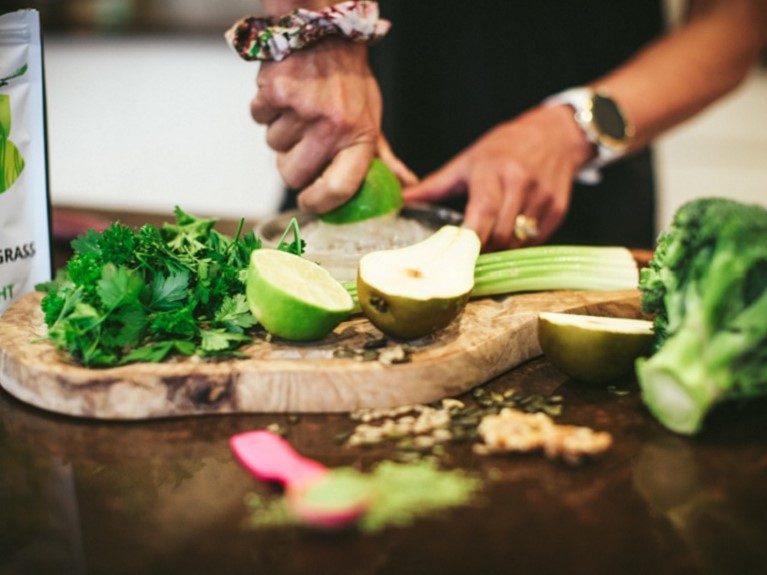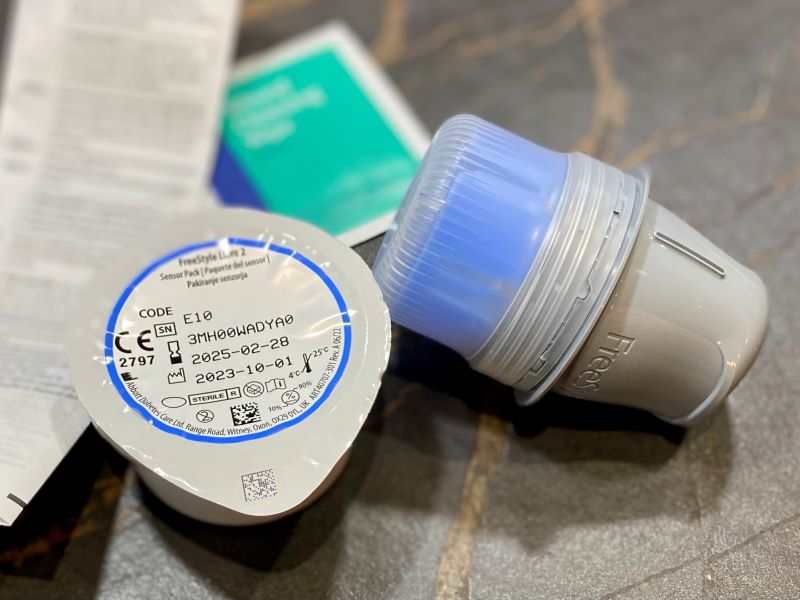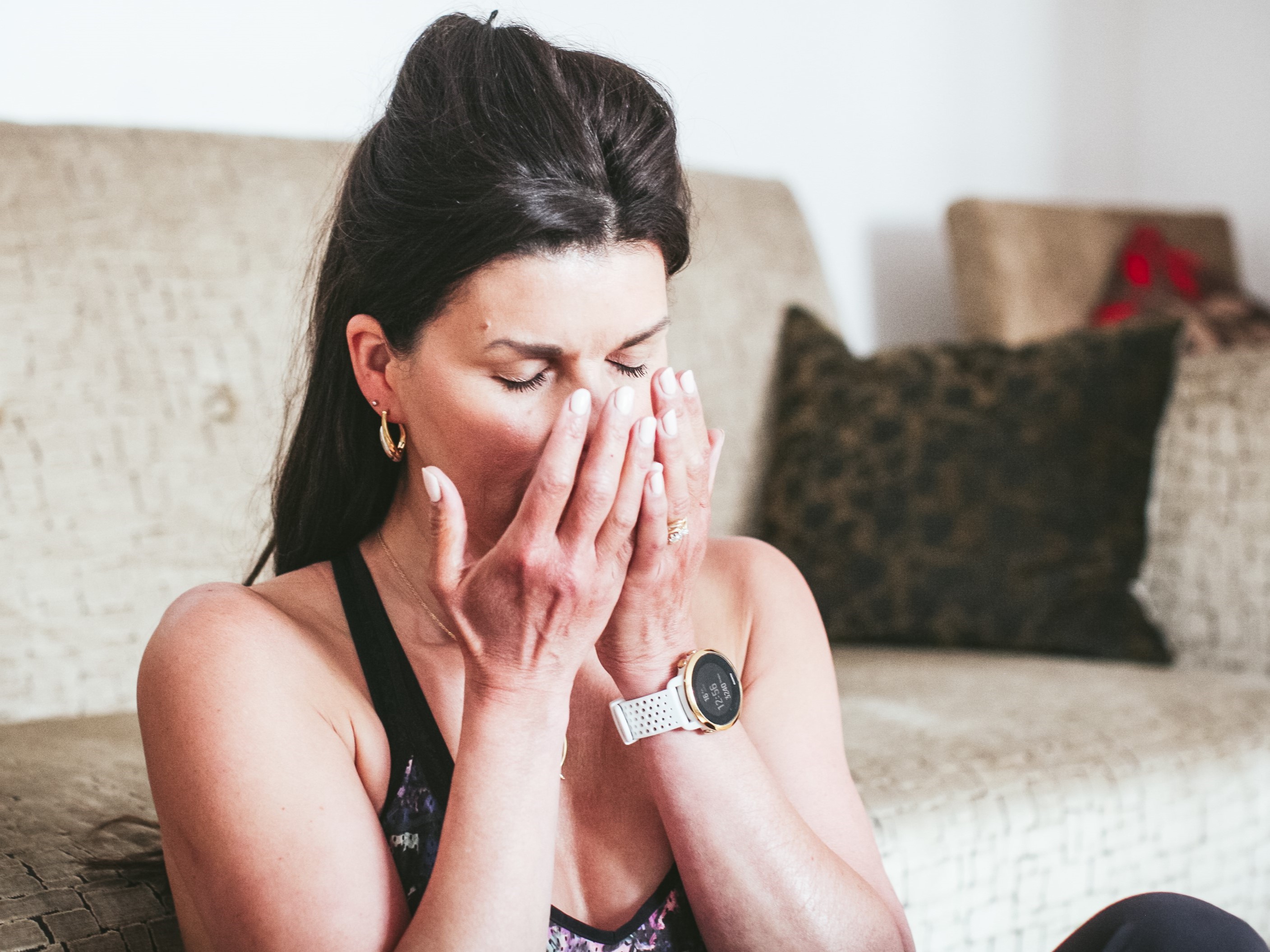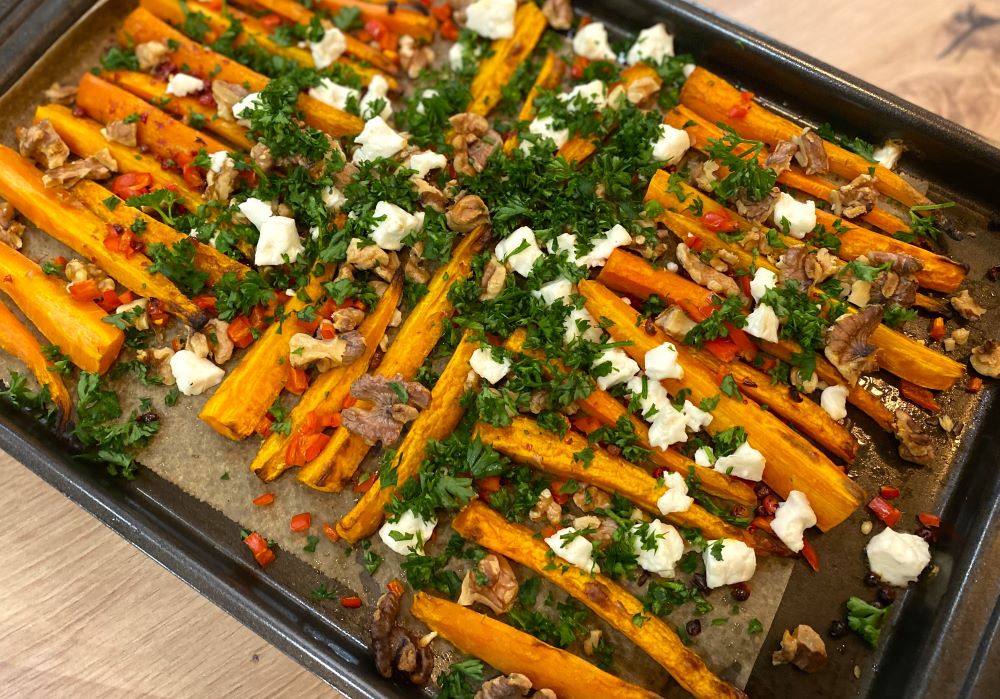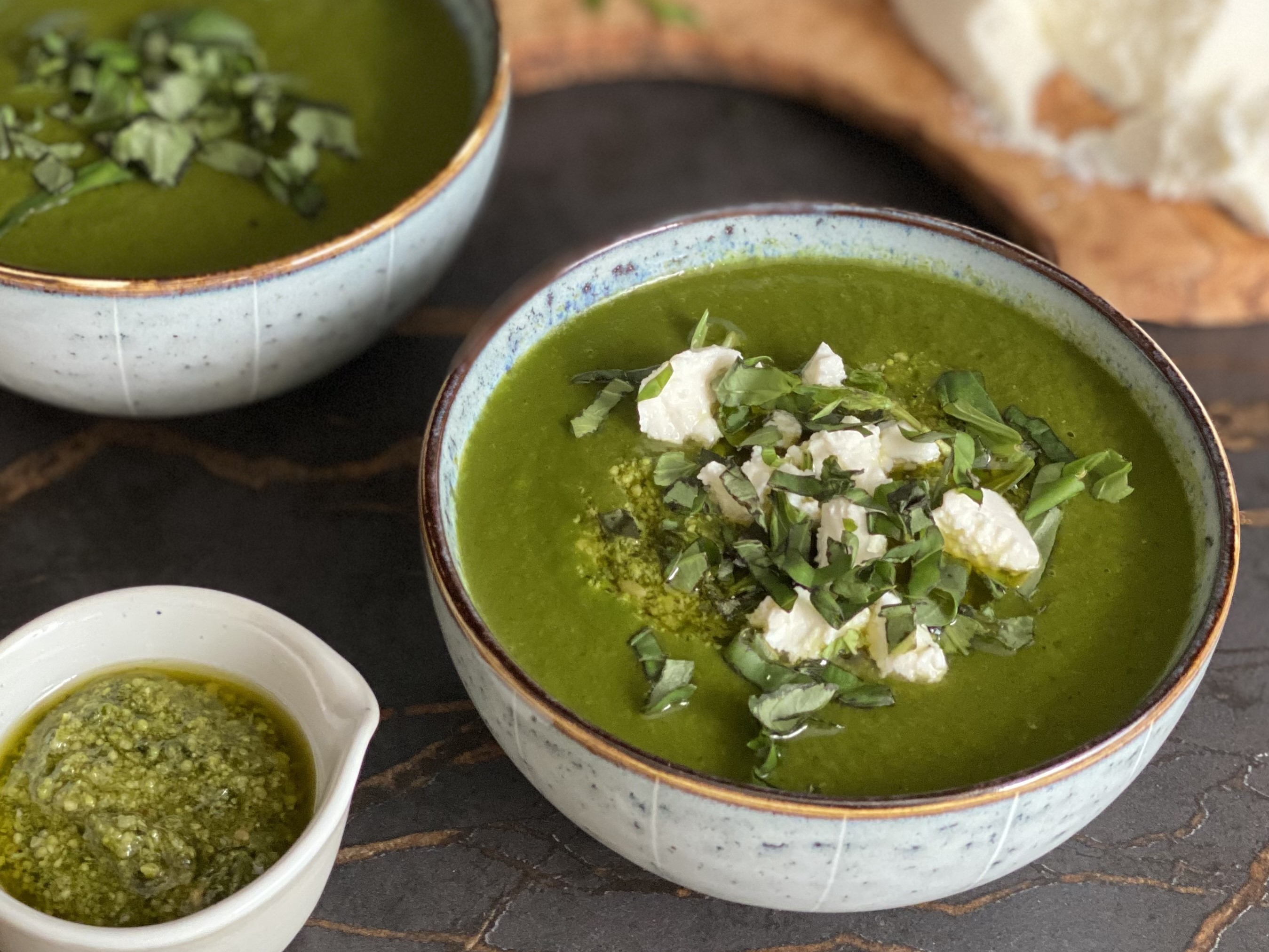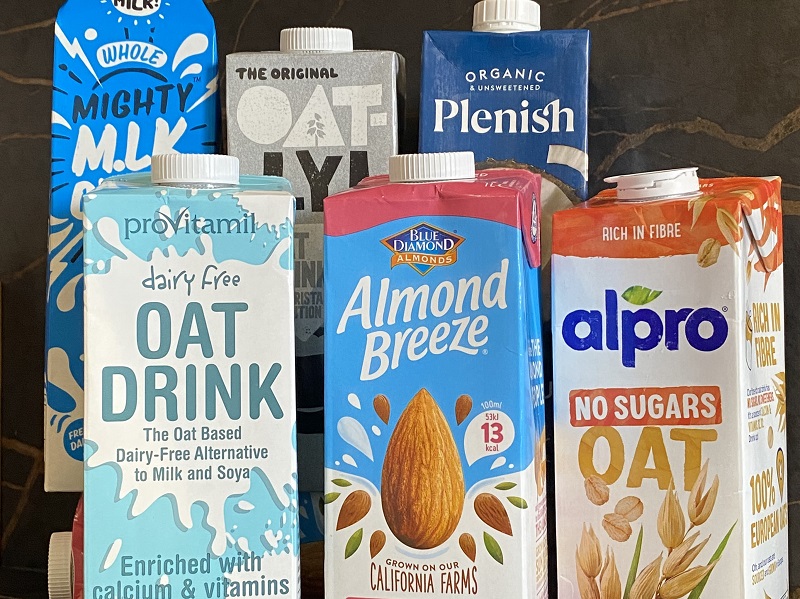“Detox or detoxing has become as ubiquitous as it is ambiguous so I’ve decided to set out some of the things I stand by when it comes to dietary cleansing – and there’s not a cabbage soup in sight!”
A pretty long while back I used to run 3-week detox programmes. I was full of enthusiasm for these programmes and believed they made perfect sense; I saw them as the gateway to dietary improvements and a perfect way to kick-start healthier habits. My programmes incorporated evidence-based approaches to supporting digestive health as well as the liver, kidneys, lungs, lymph, colon, and skin – basically ALL the detox organs! These programmes also included guidance on how to reduce toxins in our home environment including switching to more natural personal care and household cleaning products.
I have fond memories of those days and always felt so proud of everyone who completed a programme. Everyone experienced health improvements as well as less tangible shifts in mood and energy.
But “detoxing” really does mean something different to everyone; from a specific medical term describing treatment for those who had been poisoned – be it alcohol, drugs or other toxic chemicals – to a ubiquitous term used especially frequently when some kind of dietary abstinence has been chosen. And many of the programmes described as detoxes are just bonkers; the lemon and maple syrup one springs to mind!
Many detoxes exclude just about everything except fruit, vegetables and water, so lack sufficient macro nutrients to support a healthy, strong body with a resilient immune system. Add in highly dubious colon cleansing regimes – basically laxatives and “Brillo pads” – and it is clear to see that some detox programmes have the potential to cause real harm. So I’ve been distancing myself from the word for a few years now; I wince at the thought of anyone assuming they will have to starve, count calories or live on cabbage soup!
But I will always be a “super-fan” of clean-eating; to me it means removing simple sugars to improve blood sugar stability, as well as alcohol and stimulants to reduce the toxic burden on the liver and other body systems. But my focus is not on what’s forbidden but on eating a wider range of nutrient-dense foods that will support all areas of my health and vitality. I always recommend the following too:
Starting the day with a cup of hot water with lemon (1 drop of doTERRA Lemon Essential Oil is brilliant)
Drinking 2-3 litres of clear fluid daily – e.g. filtered water, herbal teas or miso soup
Eating plenty high quality, clean, lean protein e.g. organic eggs, wild fish, tofu/tempeh, organic chicken, sheep’s cheese
Incorporating plenty healthy fats
Adding more leafy greens & cruciferous vegetables
Including more phytoestrogens – chickpeas, tofu, tempeh, flaxseeds
Also, consider sea vegetables, fermented foods & bone broth
I love sharing sustainable approaches to a clean diet and lifestyle, with those keen to improve their health this way. My enthusiasm comes from acknowledging how clean living – including careful dietary choices as well as the avoidance of environmental toxins -has helped me in all aspects of my life.
If you feel you’d like a little more guidance then look out for my next 10-day programme – it’s short (so very doable) and it is also extra effective as we’ll be working with some powerful, yet gentle supplements.
